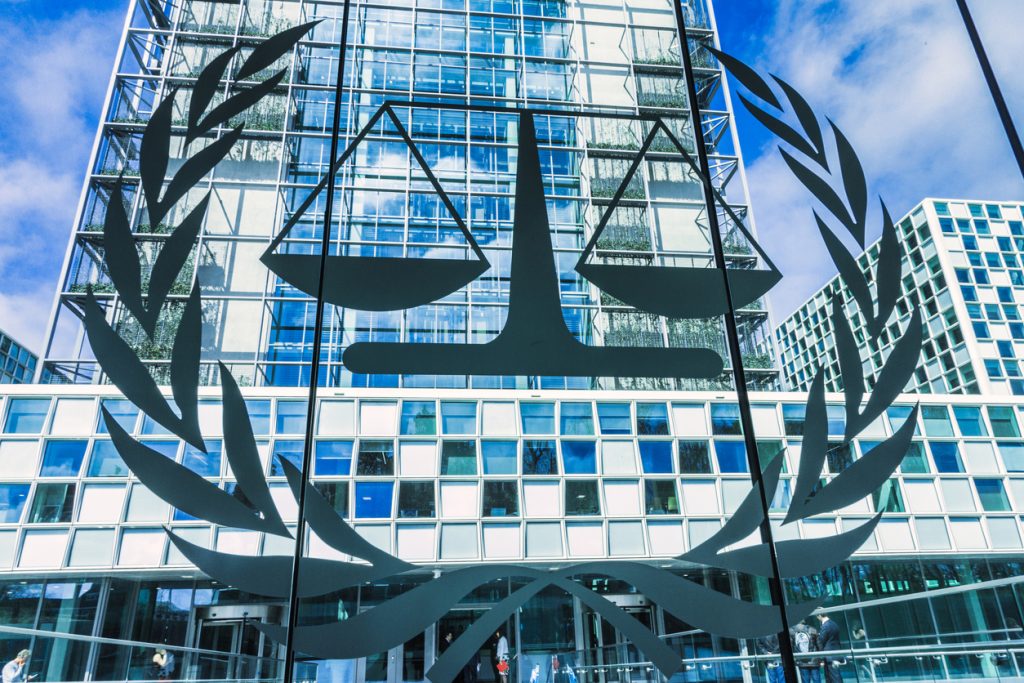When it comes to difficulties with international relations, the International Criminal Court (ICC) stands as a beacon of hope for accountability and fairness. Established in 2002, the ICC is the world's first permanent international criminal court, tasked with prosecuting individuals for the most serious crimes that deeply concern the international community: genocide, war crimes, crimes against humanity, and crimes of aggression.
At the heart of the ICC's operations are its lawyers, who play a pivotal role in navigating the complexities of international law, investigating crimes, building cases, and representing both victims and accused individuals. Their duties extend far beyond the courtroom, encompassing diplomatic negotiations, legal research, and advocacy for human rights. Let's take a look at the multifaceted responsibilities of ICC lawyers and the profound impact of their work on global justice.
1. Legal Expertise and Advocacy
ICC lawyers are legal virtuosos, well-versed in several aspects of the law, such as international humanitarian law, criminal law, human rights law, legal risk and compliance and the statutes governing the ICC itself. They meticulously analyse evidence, statutes, treaties, and precedents to construct robust legal arguments. Their work often involves researching case law, drafting legal briefs, and advising on matters of jurisdiction and admissibility.
Moreover, ICC lawyers serve as advocates for justice and accountability on the global stage. They engage in outreach programs, legal education initiatives, and public speaking engagements to raise awareness about international crimes and the importance of the ICC's mandate. By championing the principles of justice and accountability, they strive to foster a culture of respect for human rights and the rule of law worldwide.
2. Investigative Efforts
Investigating and gathering evidence of international crimes is a cornerstone of the ICC's mission. ICC lawyers work closely with investigators, forensic experts, and other stakeholders to collect evidence, interview witnesses, and build comprehensive case files. Their investigative efforts often span multiple countries and involve navigating complex political, social, and cultural dynamics.
ICC lawyers employ a range of investigative techniques, including document analysis, forensic analysis, and witness testimony, to uncover the truth and establish accountability for perpetrators of egregious crimes. Their meticulous attention to detail and unwavering commitment to justice are essential in ensuring that perpetrators are held accountable for their actions.
3. Victim Representation
Central to the ICC's mandate is ensuring justice for victims of international crimes. ICC lawyers play a crucial role in representing the interests of victims throughout the legal proceedings. They provide legal assistance, support, and representation to victims, helping them navigate the complexities of the legal process and ensuring their voices are heard.
ICC lawyers advocate for the rights of victims, seeking reparations, restitution, and compensation on their behalf. They strive to empower victims, enabling them to participate meaningfully in the proceedings and seek redress for the harm they have suffered. By amplifying the voices of victims, ICC lawyers contribute to the restoration of dignity, healing, and reconciliation in communities affected by conflict and violence.
4. Defence Representation
In accordance with the principles of due process and fair trial rights, individuals accused of international crimes are entitled to legal representation. ICC lawyers serve as defence counsel, providing legal assistance and representation to accused individuals throughout the judicial process.
Defence lawyers play a crucial role in safeguarding the rights of the accused, challenging evidence, raising legal arguments, and ensuring a fair and impartial trial. They advocate for the presumption of innocence and seek to protect the rights of the accused against any violations or abuses.
5. Diplomatic Negotiations
The ICC operates within a complex geopolitical landscape, where diplomatic negotiations play a crucial role in its effectiveness and legitimacy. ICC lawyers engage in diplomatic efforts, negotiating with states, international organisations, and other stakeholders to secure cooperation, support, and resources for the court's activities.
ICC lawyers may need to reach people and potential victims as well as potential suspects in hard-to-reach countries and regions and thus, being able to utilise the latest in communications technology such as VoIP (voice over internet protocol) and, being able to access the relevant people is key to them performing their role (source: Comms Link). It is not uncommon for ICC lawyers to initially speak to those they need to reach via online and internet methods, followed up by in-person consultations.
Diplomatic negotiations may involve seeking state cooperation in arresting and extraditing suspects, obtaining access to crime scenes and evidence, or securing funding and logistical support for ICC operations. ICC lawyers employ diplomatic skills, tact, and diplomacy to navigate competing interests and foster collaboration in the pursuit of justice.





















